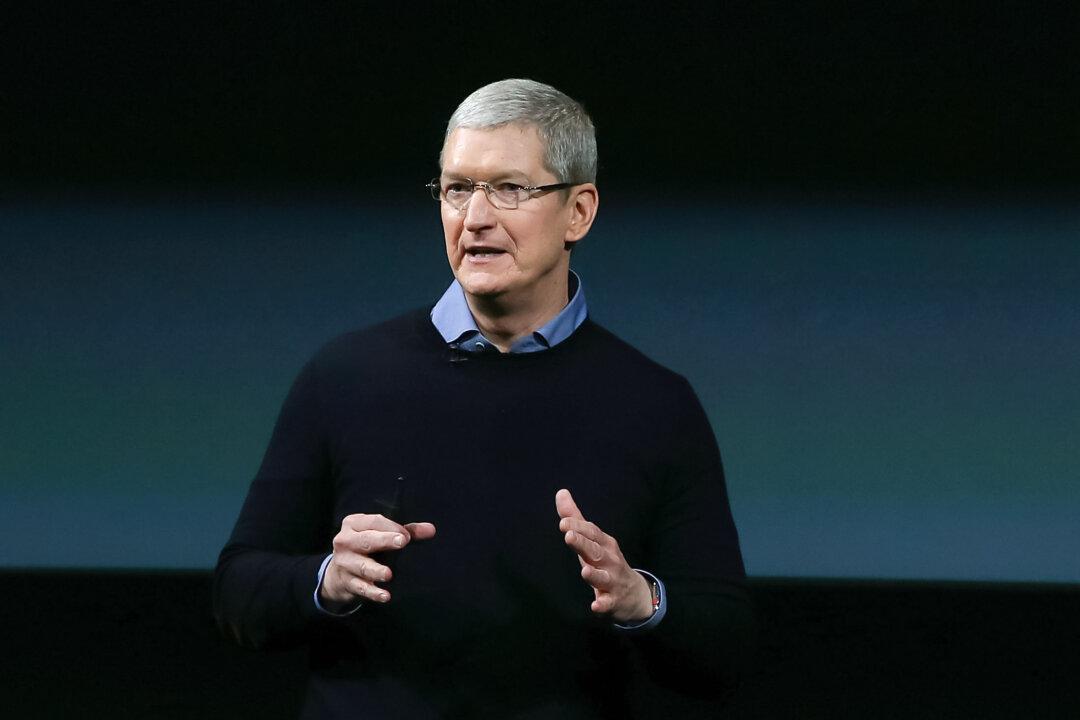The Department of Justice (DOJ) and 16 states on March 21 filed a civil lawsuit against Apple Inc. accusing the company of illegally monopolizing the smartphone market.
The DOJ and 16 state attorneys general claimed that Apple attempted to limit competition, which harms consumers, small businesses, and app developers via the firm’s App Store and other Apple features. Apple has long placed significant restrictions on what can be downloaded through its App Store, saying that those rules are designed to bolster Apple device users’ privacy and security.





